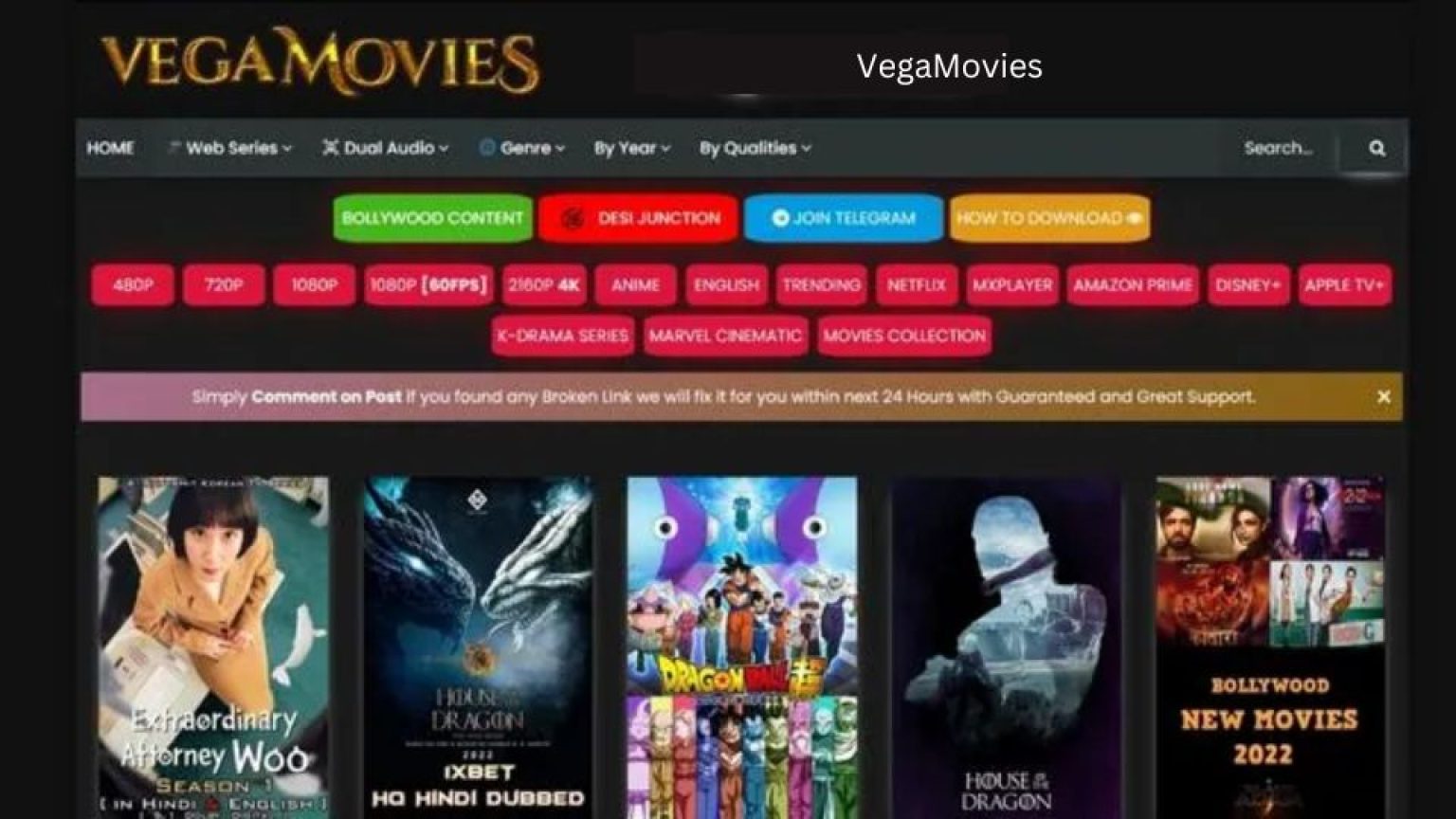Is the allure of instant, cost-free entertainment truly worth the potential consequences? The proliferation of websites offering seemingly unlimited access to movies and television shows, like Vegamovies, presents a tempting proposition, but it's crucial to delve into the legal and ethical considerations before clicking "play."
The digital landscape has dramatically reshaped how we consume media. Streaming services have become commonplace, vying for our attention and, importantly, our subscription dollars. Simultaneously, platforms such as Vegamovies have emerged, promising a shortcut to the cinematic experience without the financial commitment. These sites often boast extensive libraries, encompassing everything from the latest Bollywood blockbusters to classic Hollywood films, all available in high definition. The promise of "absolutely free, zero subscription costs," as advertised by some, is a siren song in the digital age, drawing in users with the promise of endless entertainment.
However, the convenience offered by these platforms often masks a complex web of copyright infringement and legal ramifications. The very act of streaming or downloading copyrighted material without permission is, in most jurisdictions, illegal. While the user may not directly be the one uploading the content, they are still participating in the unauthorized distribution and consumption of intellectual property. This can lead to legal penalties, ranging from cease-and-desist letters to significant fines. Furthermore, the source of the content on these sites is often questionable. The files may contain malware or viruses, posing a risk to the user's device and personal data. The "free" entertainment could come at the cost of compromised security and potential identity theft.
- Coquette Wallpapers Get Free Hd Backgrounds For Your Device
- Tiktok Coins With Paypal How To Buy Save Money Expert Tips
The narrative of Li Fong, a kung fu prodigy uprooted from his home in Beijing and thrust into the unfamiliar world of New York City with his mother, is a poignant reminder of displacement and adaptation. While this specific story highlights personal resilience, it underscores a wider theme of navigating the unknown. Similarly, users of platforms like Vegamovies are often navigating an unknown landscape of legal and ethical complexities, unaware of the potential consequences of their actions. They are, in a sense, "uprooted" from the established legal framework surrounding media consumption and forced to adapt to a system that may not be what it seems.
The contrast between legitimate streaming services like JioHotstar and platforms like Vegamovies highlights the dichotomy of the modern media landscape. JioHotstar, India's largest premium streaming platform, offers a vast library of content, including over 100,000 hours of drama and movies in 17 languages, alongside coverage of major global sporting events. This service, while subscription-based, adheres to copyright laws and provides a legal pathway for consumers to access a wealth of entertainment. Conversely, the allure of "free" content on platforms like Vegamovies often overshadows the inherent risks associated with their operation.
Vegamovies, in particular, positions itself as a hub for Indian cinema, offering Bollywood, South Indian, and Hollywood movies, often dubbed in various languages. The promise of high-quality streams (720p, 1080p, and 4K) further enhances its appeal. However, the lack of licensing agreements raises serious questions about the legality of its operations. The accessibility of such platforms, while seemingly offering a service to the underserved, ultimately contributes to the erosion of the creative industries.
The impact extends beyond the legal realm. The success of legitimate media platforms depends on a robust ecosystem of licensing, production, and distribution. When content is freely and illegally distributed, it undermines the financial viability of content creators, actors, and production houses. This can ultimately lead to fewer high-quality films and television shows, as the economic incentives to produce them diminish. It's a situation where the short-term gain of "free" entertainment could translate to a long-term loss for the very industry that provides the content.
The user experience on platforms like Vegamovies, while seemingly straightforward, often involves hidden complexities. These sites may generate revenue through intrusive advertisements, which can be distracting and potentially malicious. The click-through rate on these ads is often the primary source of income, and the owners of the website don't necessarily have an incentive to prioritize the safety of their users or the quality of the content provided. Further complicating matters is the fluctuating availability of content. Movies and TV shows may be added and removed without notice, as the platform navigates the legal landscape.
The claim of providing "transparent, accessible" entertainment is a contradiction in terms. The very nature of these platforms, built on the foundation of infringing copyright, is inherently opaque. The origins of the content are often unclear, the legal standing is questionable, and the risks to users are often downplayed. This lack of transparency should raise a red flag for any potential user. It's essential to scrutinize the promises made by these sites and to consider the ethical and legal ramifications of their use.
Consider the case of Li Fong, forced to relocate to New York. His journey of adaptation serves as a parallel to the way we engage with modern media. He must navigate a new culture, learn a new language, and find a way to thrive in a new environment. Similarly, users of platforms like Vegamovies must navigate a complex legal and ethical landscape. They must be aware of the risks and take responsibility for their actions. Just as Li Fong must rely on his skills and inner strength, users must rely on their judgment and understanding of the law.
The choice ultimately rests with the individual. The temptation of free entertainment is undeniable, but it's crucial to weigh that against the potential risks. The user should ask themselves whether the temporary convenience of accessing content illegally is worth jeopardizing their security, supporting copyright infringement, or contributing to the erosion of the creative industries. The answer, for many, will likely be a resounding no.
The search for entertainment is constant. The desire to escape, to be transported to another world, is a fundamental human need. However, this pursuit of entertainment should not come at the expense of legal and ethical principles. Just as legitimate streaming services like JioHotstar provide a legal and safe avenue for accessing a vast library of content, users should seek out and support platforms that respect intellectual property rights. The future of the entertainment industry depends on it.
The legal implications of using platforms such as Vegamovies, while potentially complex, are ultimately clear. Copyright laws are designed to protect the rights of content creators and incentivize the production of new and innovative work. By choosing to stream or download content from illegal sources, users are directly contributing to the violation of those rights. This is not just a theoretical issue; it has real-world consequences for the individuals and companies involved in the creation of the content that we enjoy.
In conclusion, while the allure of free entertainment is strong, the risks associated with platforms like Vegamovies are equally significant. The potential for legal repercussions, the risk of malware and viruses, and the ethical considerations surrounding copyright infringement should give any user pause. By choosing to support legitimate streaming services and other legal avenues for accessing entertainment, we can all contribute to a thriving and sustainable media ecosystem. The choice is ours: do we support the creators, or do we risk the consequences?
- Unveiling Pashto Culture Dance Exploring Diverse Traditions
- Little Angel More News Controversy Content Explore Now


